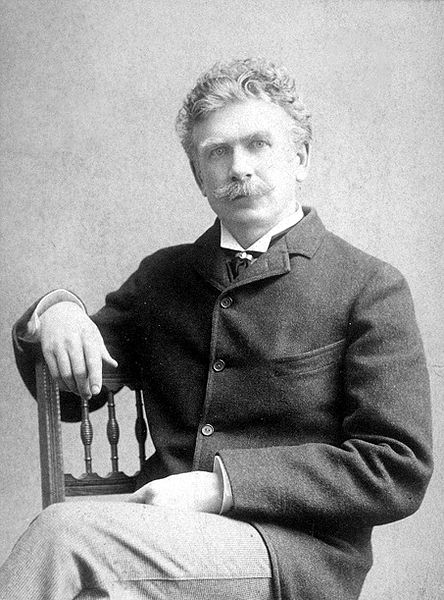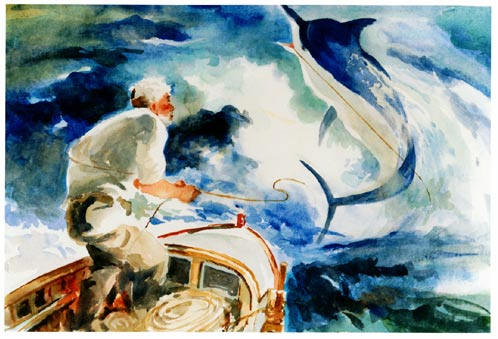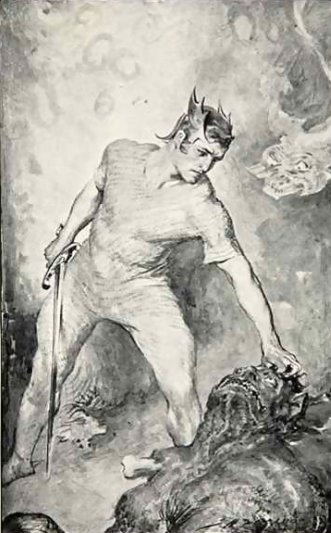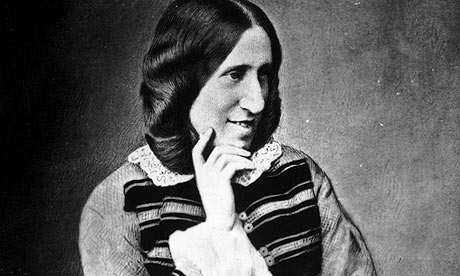Thanks
for hanging out with us! Above are the authors we mentioned this past month,
and here are the most popular posts from the same period:
- Hemingway and Gellhorn
- The Tour de France
- Review: Silas Marner, by George Eliot
- First Line Friday: Cry, the Beloved Country
- Bookish Nerd Bait Vol. 1
And
of course, the wacky search terms that led some of you here:
- “On the Road mental illness” >>>> Diagnosing Dean Moriarty
- “Pronouns with no antecedent Faulkner” >>>> Faulkner & Pronoun Ambiguity
- “Egan system tension grip” >>>> takes you to Jennifer Egan
- “Barcelona gracia neighborhood” >>>> Tucker’s birth as a reader
- “Moby Dick seventh grade essay” >>>> MacEvoy’s birth as a reader
- “Trivium down from the sky >>>> the only place we’ve used ‘trivium’
- “No pants required” >>>> Takes you to this post of the same title
- “lanza en astillero English translation” >>>> takes you here
- “Hate on the road Kerouac” >>>> shows you whyyou shouldn’t
- “two figures in a greek frieze” >>>> takes you to Mr.Faulkner










































